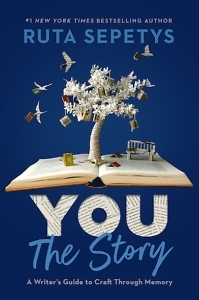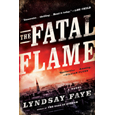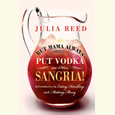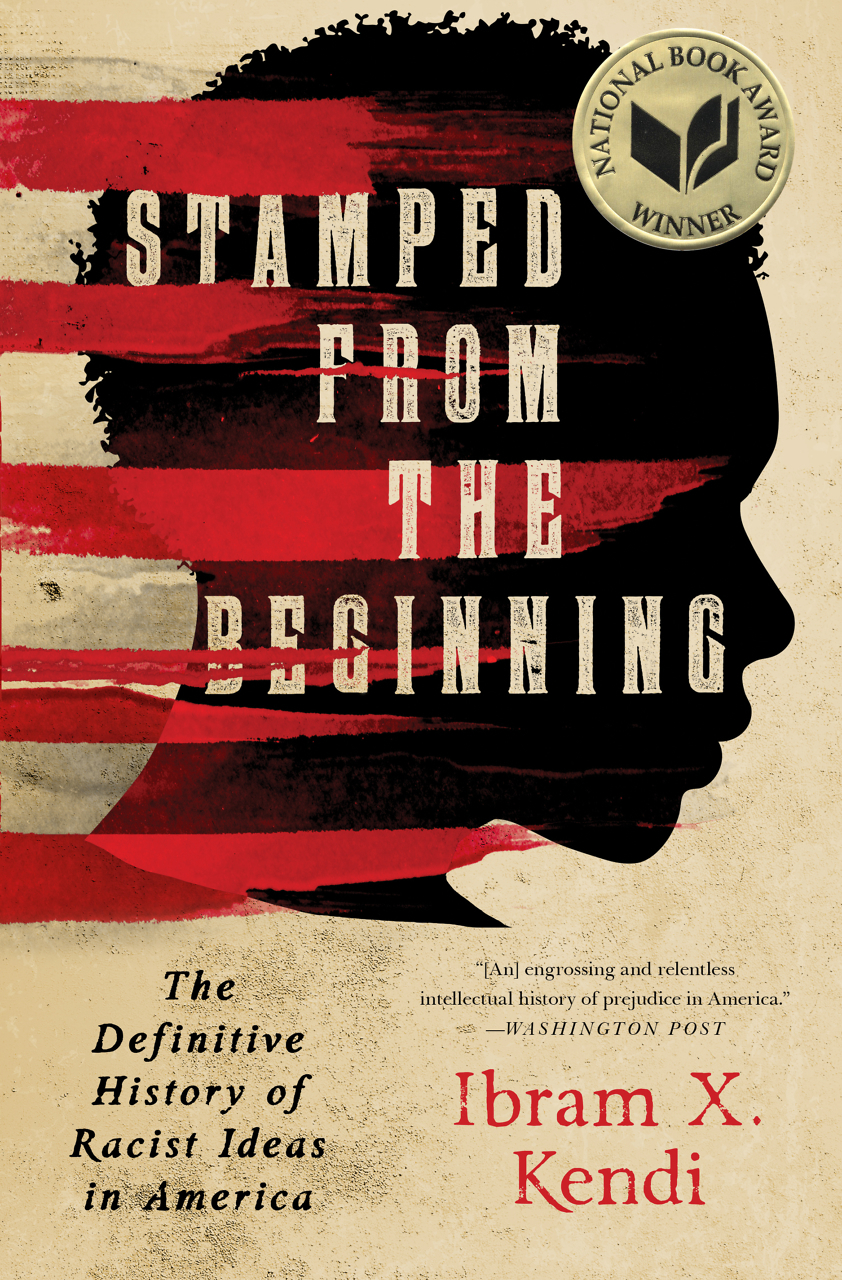The Path to Authentic Voice
Award-winning author Ruta Sepetys offers a guide to the craft of writing
Ruta Sepetys’ latest book, You: The Story, is a writer’s guide to mining one’s life for material. Sepetys is, of course, the award-winning, bestselling author of five works of historical fiction for young adult readers, and her approach to craft is form-bending, cogent, saturated with glimmering personal vignettes, and unfailingly encouraging. Neither hatchet woman nor bleeding-heart sentimentalist, Nashville-based Sepetys offers exacting technical prompts for novice as well as experienced writers, while maintaining both levity and a sense of moral stakes.

“Whether you’re writing fiction or nonfiction,” Sepetys writes, “the secret to strong writing is embedded within your own experience.” She points to heartbreak, hope, hilarity, and humiliation as essential instruments in a writer’s toolkit and advises, “If you infuse those elements into your writing, it will feel authentic.”
Sepetys gives advice on all the major aspects of storytelling: plot, character, voice and dialogue, perspective, setting, research, and revision. Each of these sections utilizes mini-chapters, comprised of short paragraphs covering both the importance of the particular element and suggestions for application. Sepetys makes frequent use of repetition; for example, she recurrently avers, “Specificity is authenticity.” Her repetition drives home her messages and underscores the consistency of her insights and approach.
Each topic closes with a one-page recap of what’s been covered, as well as a detailed list of related writing prompts and a handful of book recommendations. Here again, repetition plays a major role, in part because some of the suggested exercises build on earlier ones. In the writing prompts related to plot, for example, Sepetys writes, “Think of someone you’d like to meet or work with. Draft a list of creative, engaging questions for that person.” More than 100 pages later, one of the writing prompts at the end of the section on research reads, “You have the opportunity to interview anyone of your choice, living or dead. Draft five interview questions for that person.”
Combining hard-won experience and practical lessons, Sepetys exemplifies the truism that authenticity is key. The strongest and most compelling component of this book is the author’s tone, which is warm, engaging, and deeply honest. By opening up so fully, without holding back in an effort to avoid embarrassment about her past foibles, Sepetys inspires readers to do the same. In the section about voice, Sepetys shares this:
As you’ll learn through this book on story and memory, I am a voice of glorious, celebrated fiasco. I am a music scholarship student morphed into a business major who went broke in Paris, bottomed out in Hollywood, made horrible decisions, and eventually found her way. And through it all, I’ve learned that things I once perceived as failures were actually sacred instruction on the path to authentic voice.
Please. Do not ignore the failure in your story.
FAILURE is a compass.
FAILURE is self-realization.
FAILURE is a prerequisite to success.
 You: The Story is an instruction manual about the craft of writing, but it also stands as an unwavering source of solace and companionship. Sepetys acknowledges, over and again, the difficulties and rewards of writing, and by virtue of sharing good, bad, and ugly pieces of her own journey, she is able to strike a tone perhaps less pedagogical than friendly. Her authority on the subject of writing has been earned. “If your characters feel authentic,” she advises, “readers will become invested in their decision-making process.” The same holds true for Sepetys as a guide.
You: The Story is an instruction manual about the craft of writing, but it also stands as an unwavering source of solace and companionship. Sepetys acknowledges, over and again, the difficulties and rewards of writing, and by virtue of sharing good, bad, and ugly pieces of her own journey, she is able to strike a tone perhaps less pedagogical than friendly. Her authority on the subject of writing has been earned. “If your characters feel authentic,” she advises, “readers will become invested in their decision-making process.” The same holds true for Sepetys as a guide.
In this magnanimous, witty, and inspiring reference, Sepetys makes use of conventional vehicles — the memoir, the list, the litany of didactic aphorisms — to set up the conditions for her readers to arrive at discoveries in their work that they didn’t see coming.

Sarah Norris has written about books and culture for The New Yorker, The San Francisco Chronicle, Village Voice, and others. After many years away, she’s back in her hometown of Nashville.


